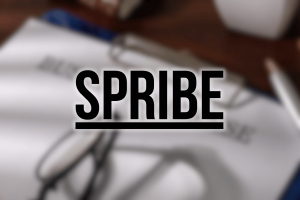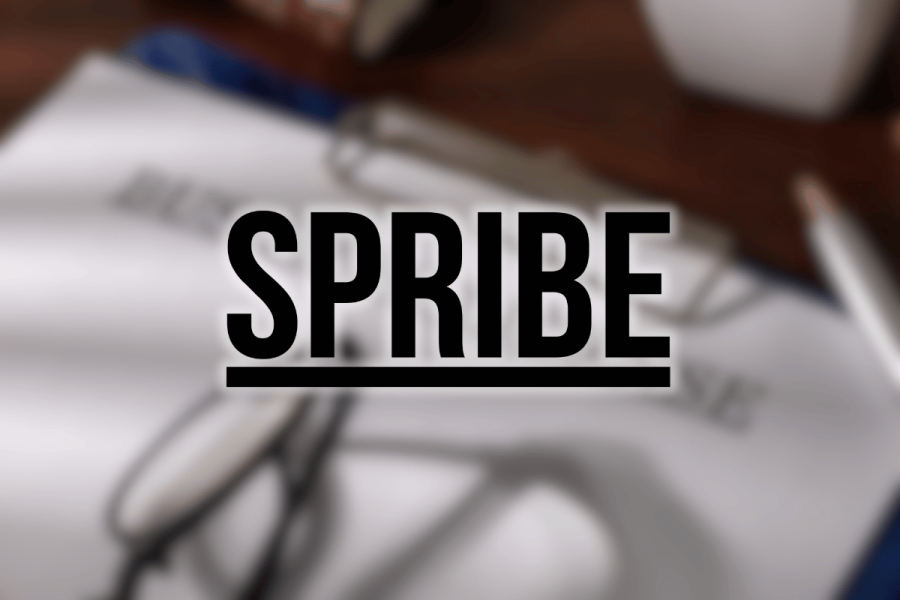A major disruption has shaken the online gambling world as the regulator suspended the software license of a prominent operator. The decision stemmed from “serious non-compliance” with crucial hosting requirements, signaling a firm stance against those who fall short of established standards.
The regulator acted decisively, demanding an immediate halt to all hosting activity unless a proper license is secured. This action underscores the legal framework governing gambling in Great Britain, specifically Section 33 of the 2005 Gambling Act, which criminalizes unlicensed operations.
This isn’t simply about paperwork; it’s about maintaining the integrity of the industry. The regulator emphasized its commitment to a “robust approach” against unlicensed activity, expecting the highest levels of compliance from all licensees.

The company now faces the responsibility of informing all affected parties about the service disruptions and ensuring a complete cessation of operations. This immediate suspension leaves a significant void in the market and raises questions about future accessibility.
The power to suspend licenses rests with the regulator under the 2005 Gambling Act, triggered by concerns about how licensed activities are conducted, breaches of license conditions, or doubts about a licensee’s suitability. This latest action clearly demonstrates that power in action.
Adding to the turmoil, the company is embroiled in a separate, escalating intellectual property dispute. Aviator LLC initiated legal challenges in the EU, alleging bad faith trademark registrations and copyright violations by the company.
This legal battle follows a significant victory for Aviator LLC in Georgia, where a court awarded them a $330 million claim against the company and a major gambling platform. The core of the dispute centers around the unauthorized use of the “Aviator” name and logo.
The conflict began in 2022 when ownership of the Aviator trademark and logo transferred to Aviator LLC. They claim the company subsequently exploited their intellectual property without permission, leading to the current legal confrontation.
The Georgian court’s ruling in August marked a turning point, finding the company and its partner guilty of trademark and copyright infringement. This initial win fueled Aviator LLC’s determination to protect its intellectual property globally.
Legal representatives for Aviator LLC have stated their client is “strongly committed to aggressively protecting its IP rights worldwide,” viewing the EU action as a natural progression following the Georgian court’s decision. The pursuit of trademark challenges worldwide is now underway.
The situation remains fluid, with the company yet to publicly respond to these developments. The combined impact of the license suspension and the ongoing legal battles paints a complex and uncertain future for the operator.






